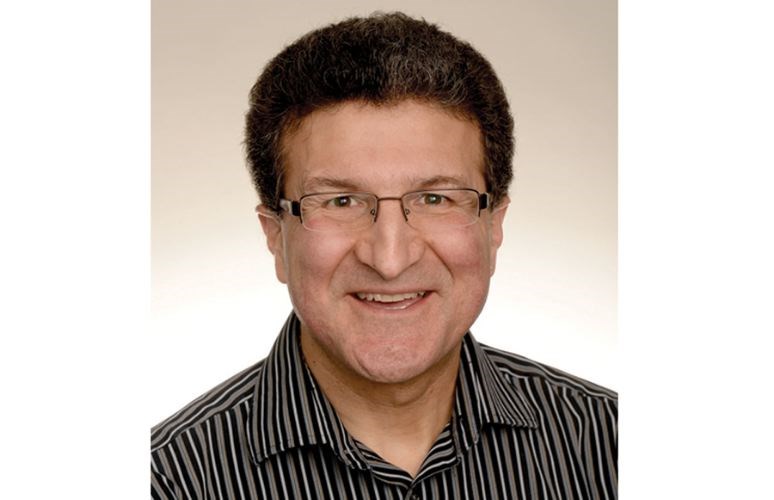According to developmental psychologist Abraham Maslow, the highest level that a person can achieve is that of self-actualization - meaning, "the desire for self-fulfillment, namely the tendency for the individual to become actualized in what one is potentially. This tendency might be phrased as the desire to become more and more what one is, to become everything that one is capable of becoming."
Among other qualities, the self-actualizing persons are comfortable with themselves, others and nature. They are autonomous, task oriented, have profound interpersonal relationships, yet are comfortable with solitude. They also report having experiences of feeling one with the universe.
According to Maslow, in order to achieve this level of development our basic needs have to be met. We need food, shelter and we need to feel safe.
Higher order needs also need to be met, like the need to feel that we belongs, and the need for a sense of competence and respect from others.
Writing more than 50 years ago, Maslow speculated that only a small percentage of the population actually functions at the level of self-actualization.
It would make sense however, that by developing a better understanding of the characteristics of self-actualizing people a higher percentage of the population can actually perform at this level. If we know what we are trying to achieve, it is easier to achieve it.
Maslow's theory of human development has long played a significant role in the school system, and it is studied by most teachers in their educational psychology courses.
The first order of business is to make sure that the most basic needs of our children are met. Every child also needs to feel welcome and valuable, with their own unique gifts. Once these needs are met, we can instill in each individual the desire to achieve their potential. According to Maslow, the self-actualizing individual "must be what they can be."
Any investment by a society in meeting these needs in its children, be it in the school system or elsewhere, will thus pay tremendous dividends in the future.
What if a person does not have their basic needs met early in life? Can they still achieve their potential?
Current findings on brain neuro-plasticity are certainly very encouraging, as research is showing that we can indeed heal from trauma and lack early in life.
It seems that the door to self-actualization is never closed.
Some examples of self-actualized persons in history include Albert Einstein, Henry David Thoreau and Albert Schweitzer.
These are indeed great individuals and it is amazing to analyze how similar they are despite their varied fields of expertise; but, self-actualizing people are all around us and their numbers are growing constantly.
As a teacher, I believe that as I look out at my students in the classroom each one of them has the potential for self-actualization, and I believe in this capacity for myself.
As more and more of us function at this level, we can only imagine the amazing future that lies ahead for humanity.



